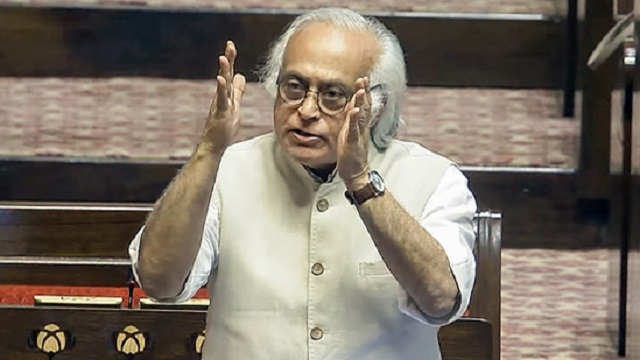Congress to Challenge Waqf (Amendment) Bill in Supreme Court
The Congress party has decided to challenge the constitutionality of the Waqf (Amendment) Bill in the Supreme Court. The party believes that the new amendments to the bill violate the principles laid down in the Indian Constitution.
According to Congress leaders, the bill infringes on the rights of individuals and communities, especially in terms of property management and religious freedom.
The Waqf (Amendment) Bill, passed by the government, aims to bring changes in the way Waqf properties are managed in India. Waqf properties are those donated for religious or charitable purposes, and the bill introduces provisions for better administration and transparency. However, the Congress party argues that the amendments could lead to more government control over these properties, which might interfere with the autonomy of religious institutions.
Congress members have expressed their concerns that the bill could potentially undermine the rights of the Waqf boards and communities that manage religious and charitable assets. The party claims that the bill gives excessive power to the government in matters that should be handled by independent religious bodies. They also fear that these changes could lead to political interference in religious affairs.
The party’s leaders have stated that they will take the matter to the Supreme Court, seeking its intervention to determine whether the amendments to the bill are unconstitutional. They argue that the bill violates the basic structure of the Constitution, particularly in relation to the separation of powers and the protection of religious freedoms. The Congress party intends to challenge the bill on the grounds that it could negatively affect religious and community rights, which are protected under the Constitution.
In the coming days, Congress is expected to file a petition in the Supreme Court, urging the court to review the Waqf (Amendment) Bill. The petition will argue that the bill’s provisions are not in line with the fundamental rights of individuals and communities as guaranteed by the Constitution. The outcome of this legal challenge could have significant implications for the management of Waqf properties in India and the relationship between religion and the state.

